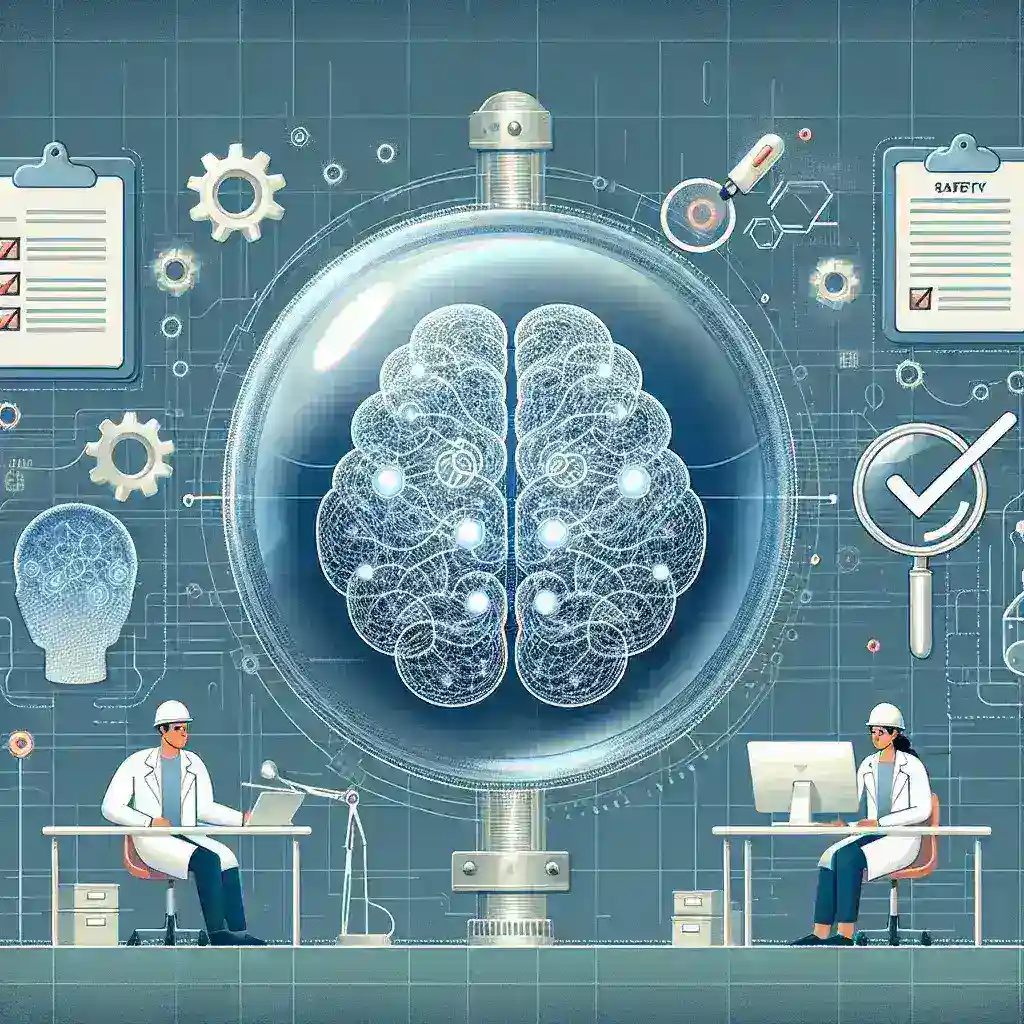Introduction
The world of artificial intelligence is continually evolving, with developers striving to create models that are not only innovative but also safe for public use. Recently, OpenAI announced a significant delay in the release of its open-weight model, pending extensive safety testing. This decision has raised eyebrows and sparked discussions within the tech community about the importance of safety protocols in AI development.
The Context of OpenAI’s Decision
OpenAI, a leader in the AI field, has consistently prioritized ethical considerations along with technological advancements. The decision to delay the open-weight model is rooted in the organization’s commitment to ensuring that AI systems are safe and reliable. The open-weight model is anticipated to allow researchers and developers to access the underlying mechanics of the AI, fostering innovation, but also presenting potential risks if not adequately vetted.
Historical Perspective
Historically, the rapid advancement of technology in AI has been met with both excitement and caution. OpenAI itself has evolved significantly since its inception. In its early days, the organization was at the forefront of developing powerful language models like GPT-2 but opted not to release the full model due to concerns about misuse. This precedent highlights OpenAI’s cautious approach to releasing technology that could potentially be harmful if it falls into the wrong hands.
Reasons for the Delay
1. Safety Concerns
The primary reason for delaying the open-weight model is to conduct thorough safety tests. Ensuring that the model does not facilitate harmful activities or generate inappropriate content is paramount. OpenAI aims to establish robust safety frameworks that can prevent misuse while still promoting research and development.
2. Ethical Responsibility
As AI becomes more integrated into various aspects of society, ethical responsibility weighs heavily on developers. OpenAI’s commitment to ethical AI involves ensuring that their technologies do not exacerbate existing societal issues or create new ones. Thus, testing the open-weight model’s implications is essential.
3. Feedback from the Community
OpenAI has always valued input from the AI community, and feedback regarding the ethical implications of open-weight models has influenced their decision-making. The organization is keen to address concerns raised by researchers, developers, and ethicists about the potential impact of making such powerful tools openly accessible.
Implications for AI Development
The delay in releasing the open-weight model has notable implications for AI development:
- Innovation Slowdown: Researchers and developers eager to leverage the open-weight model for innovative applications will face delays, potentially slowing the pace of new advancements.
- Increased Awareness: This decision has raised awareness about the importance of safety and ethics in AI, encouraging more organizations to prioritize these aspects in their development processes.
- Collaborative Opportunities: The delay may foster greater collaboration as OpenAI engages with stakeholders, researchers, and ethicists to develop safety guidelines that can benefit the entire AI community.
Future Predictions
1. Enhanced Safety Protocols
As AI technologies continue to evolve, it is likely that safety protocols will become more sophisticated, integrating real-time monitoring and adaptive learning to anticipate and mitigate potential risks.
2. Greater Collaboration Among Innovators
The delay may catalyze a shift toward more collaborative efforts within the AI community to share best practices and develop safety standards that can be applied universally across different platforms and technologies.
3. A More Informed Public
As discussions about AI safety grow, there will be an increased demand for transparency regarding how AI systems operate, which could lead to a more informed public that understands both the potential and the risks associated with AI.
Pros and Cons of the Delay
Pros
- Ensures the safety and reliability of AI technologies.
- Promotes ethical considerations in AI development.
- Encourages community engagement and collaboration.
Cons
- Potential slowdown in innovation.
- Frustration among developers awaiting access to new tools.
- Risk of losing competitive advantage to other companies that may release similar technologies without rigorous testing.
Expert Opinions
Experts in the field have voiced strong opinions regarding OpenAI’s decision. Dr. Jane Smith, a prominent AI ethicist, stated, “Delaying the release of the open-weight model demonstrates a commendable commitment to safety and ethics in AI. It’s essential for companies to recognize their responsibility to the public and to the future of technology.” Meanwhile, tech industry analyst Tom Johnson remarked, “While the delay may be frustrating for developers, it is ultimately a necessary step to ensure that we do not compromise on safety for the sake of rapid advancement.””
Conclusion
OpenAI’s decision to delay the open-weight model pending safety testing is a significant moment for the AI industry. It underscores the growing importance of safety and ethical considerations in technology development. As we move forward, the lessons learned from this situation may shape the future of AI, emphasizing the need for a balanced approach that prioritizes both innovation and responsibility.

Leave a Reply